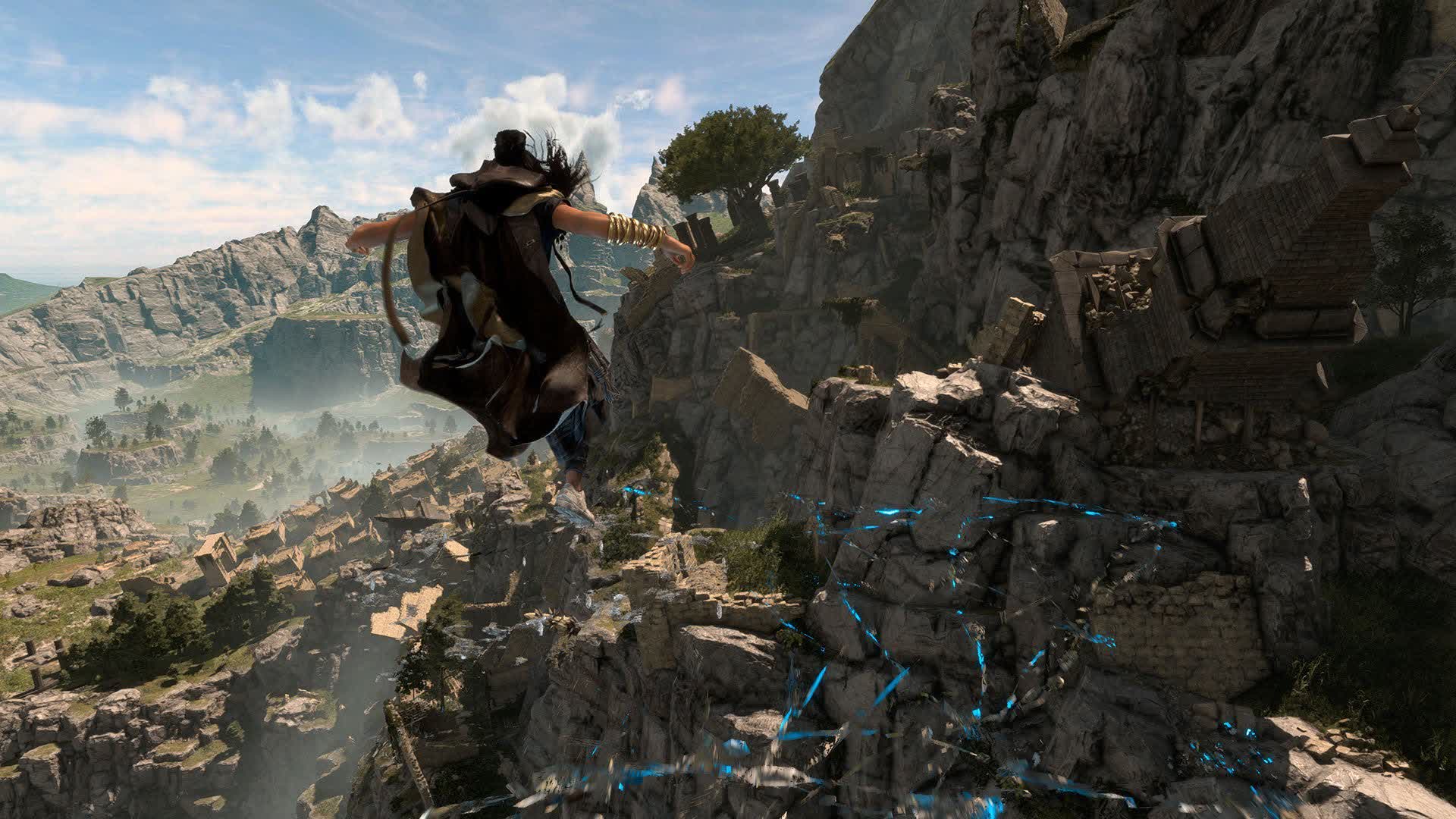Highly anticipated: PC gamers have long wondered when they would see games that use DirectStorage to take full advantage of fast (and expensive) SSDs. We now know of one game that is showing off the feature before launching this fall.

One of AMD's presentations at the 2022 Game Developers Conference will cover various technologies powering Square Enix's upcoming open-world game Forspoken. One of those technologies is DirectStorage, making Forspoken the first PC game confirmed to take advantage of the feature.
Developer Luminous Productions and AMD will detail how the game uses FidelityFX Super Resolution (FSR), ray tracing, and other graphics features. The presentation will show DirectStorage in action and offer advice on how to use it in future games.
Recently delayed, Forspoken is set to launch on October 11 for PlayStation 5 and PC.

Microsoft released the DirectStorage API earlier this week, so developers can start implementing it on Windows games. The feature optimizes I/O pipelines to fully take advantage of SSDs, giving games ultra-fast resume and load times similar to what we see in PS5 and Xbox Series titles. Although current generation consoles use NVMe SSDs to get those load times along with other advantages, on PC even older PCIe 3.0 SATA SSDs should benefit from DirectStorage.
There's a chance we may see the next generation of FSR utilized in Forspoken at GDC, as the presentation on that game will come a few hours after AMD's planned talk covering image upscaling in future games. AMD is expected to announce FSR 2.0 on very soon. It will use temporal upscaling to achieve better image quality compared to the current FSR implementation while also improving performance.